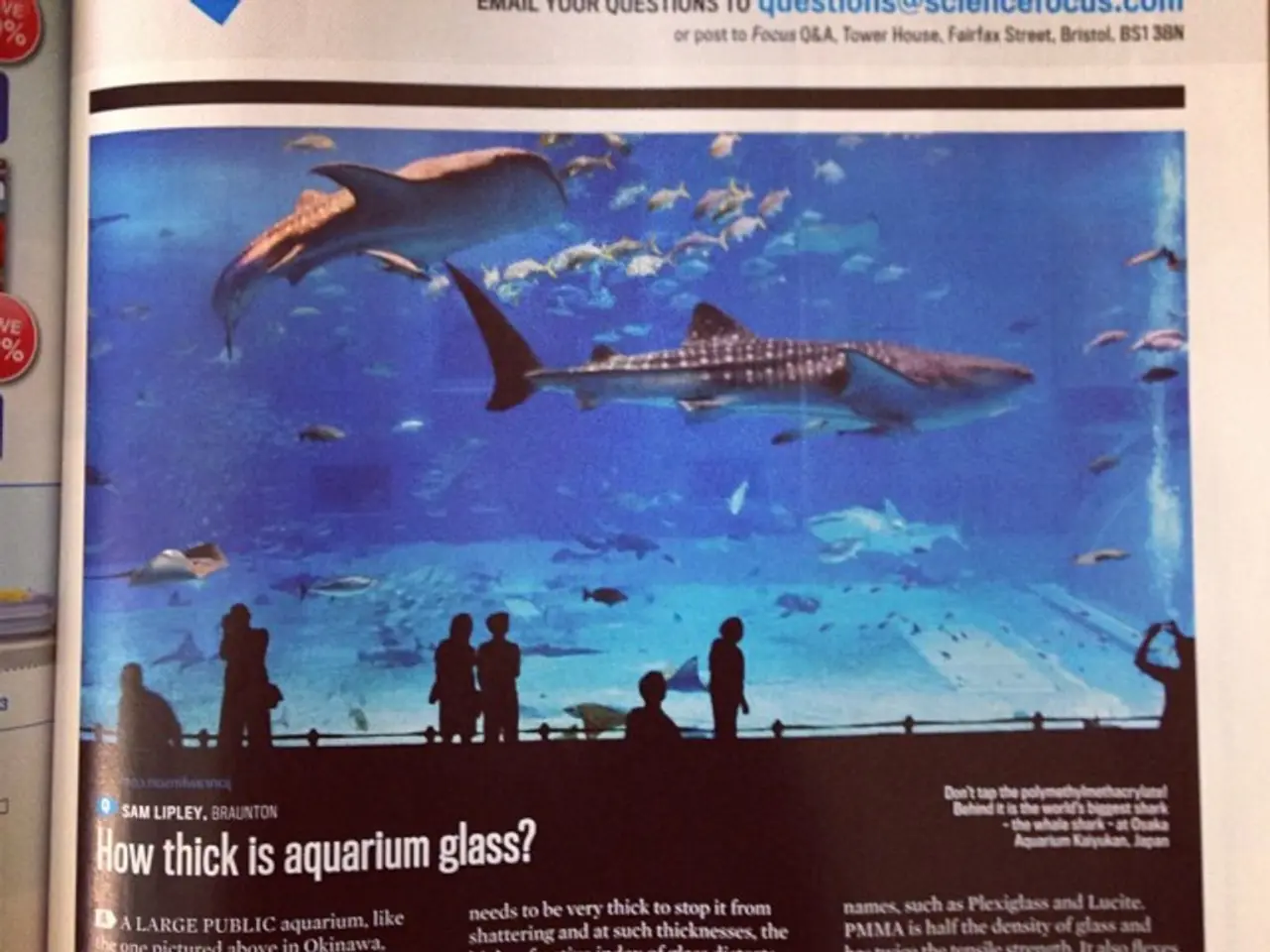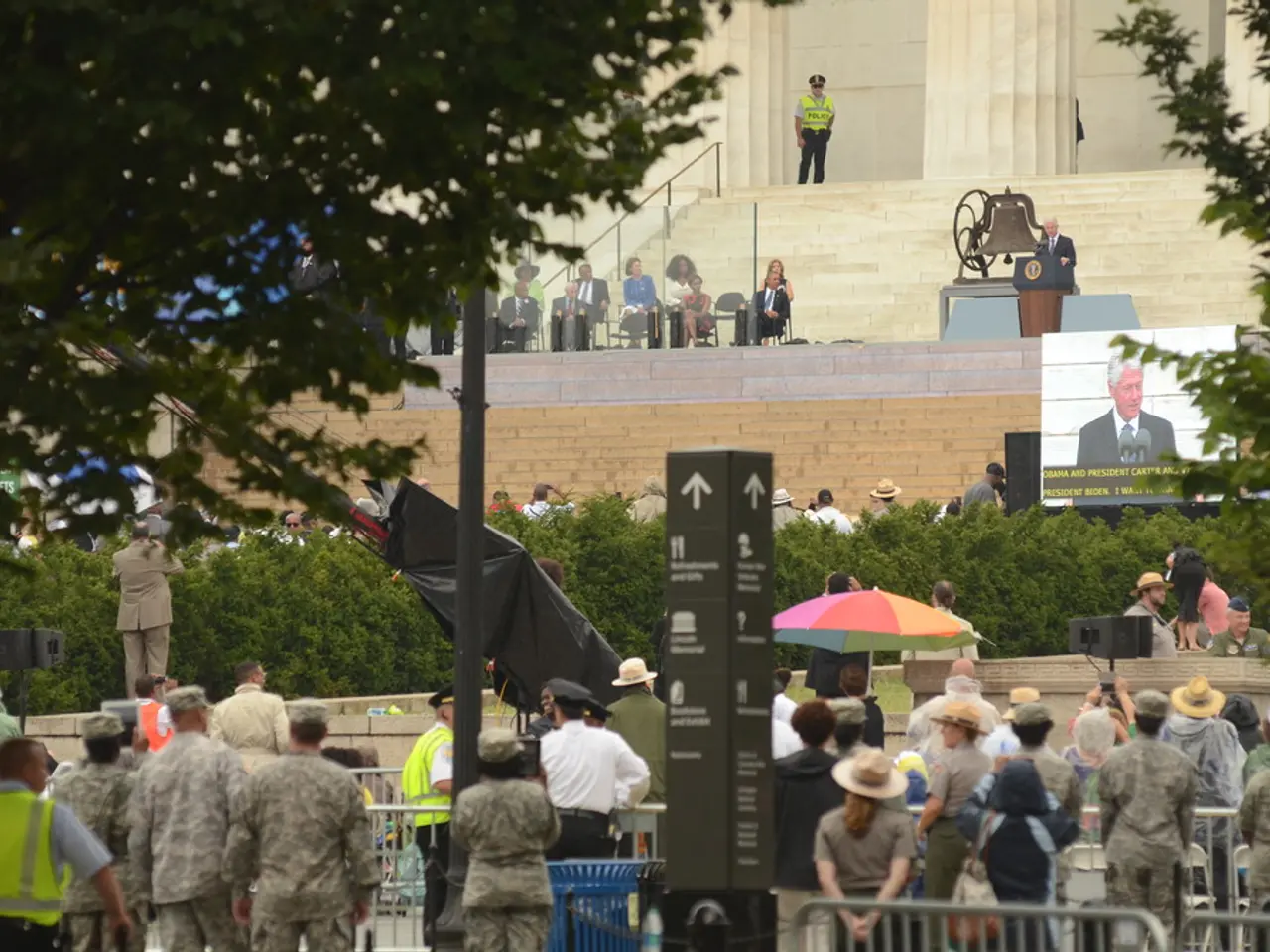Enhanced Gulf Red Grouper Fishing Limitations Taken into Effect Now
The National Oceanic and Atmospheric Administration (NOAA) Fisheries Southeast Regional Office has implemented an Emergency Rule to increase the catch limits for Gulf of America red grouper for the 2025 fishing year, effective from August 6, 2025.
The rule, which raises the total allowable catch (TAC) for red grouper by approximately 50%, is a response to a substantial increase in the red grouper biomass as shown in the latest stock assessment. The aim is to keep the recreational red grouper fishing season open through the end of 2025, preventing an expected closure in July when the previous quota was projected to be met.
Key details of the Emergency Rule include:
- The increase applies to both commercial and recreational sectors.
- Commercial quotas, managed under an Individual Fishing Quota (IFQ) program, were adjusted on August 7, 2025.
- Recreational daily limits remain two red grouper per person (four total aggregate grouper), with a 20-inch minimum size.
- The rule allows more economic opportunity for for-hire vessels and commercial fishers and more fishing opportunities for anglers.
- The rule will remain in effect until December 31, 2025, and will not be extended. However, if catch limits are reached before year-end, NOAA Fisheries can close the fishery earlier to protect the stock.
The background for this rule is the improved status of red grouper populations, particularly expansion into areas like the Florida panhandle and Alabama, partly influenced by environmental factors such as hurricanes pushing fish distribution. The Emergency Rule is a temporary measure while the Gulf of Mexico Fishery Management Council develops a longer-term amendment to red grouper catch limits and sector allocations.
For more information about the Emergency Rule, you can visit the NOAA Fisheries Southeast Regional Office's Web site or contact them by FAX at (727) 824-5308 and by phone at (727) 824-5305. The Recreational Fishing Coordinator, Sean Meehan, can be reached at 727-385-5202. The NOAA Fisheries Southeast Regional Office is located at 263 13th Avenue South, St. Petersburg, Florida 33701-5505.
NOAA also offers a Text Message Alert Program, allowing users to receive fishery-related alerts via text message, including immediate openings and closures and significant changes to fishing regulations. To sign up, text GULFRECFISH, GULFCOMMFISH, SATLRECFISH, SATLCOMMFISH, or CARIBFISH to 888777, depending on the type of alerts you want to receive. For media inquiries, contact Allison Garrett at 727-551-5750. For more information about the Permits mailbox, contact the Permits Office at 877-376-4877. The NOAA Fisheries Southeast Regional Office now has a Permits mailbox in the front lobby for original permit transfers. Envelopes with information labels will be provided.
- The Emergency Rule implemented by NOAA Fisheries Southeast Regional Office for the 2025 fishing year, which affects both commercial and recreational sectors, is a result of the substantial increase in red grouper biomass, as shown in the latest stock assessment.
- This rule, aimed at keeping the recreational red grouper fishing season open through the end of 2025, is influenced by environmental factors such as hurricanes pushing fish distribution, particularly in areas like the Florida panhandle and Alabama.
- The rule, which allows more economic opportunity for for-hire vessels and commercial fishers and more fishing opportunities for anglers, has a temporary existence while the Gulf of Mexico Fishery Management Council develops a longer-term amendment to red grouper catch limits and sector allocations.
- In the realm of environmental-science and policy-and-legislation, the Emergency Rule is part of a general-news story related to the conservation of marine life, fishing industries, and climate-change impacts on fishing patterns.




